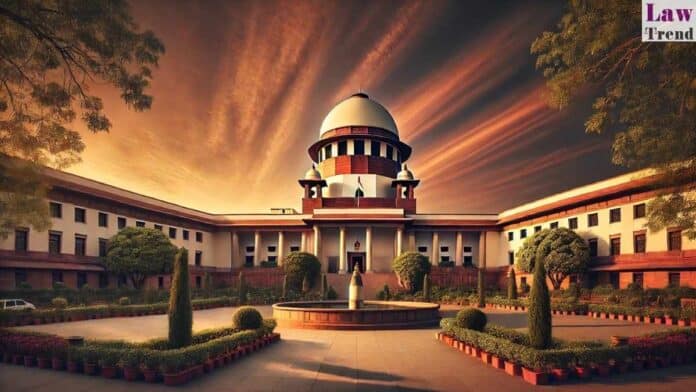In a significant ruling, the Supreme Court of India has confirmed the dismissal of 25,753 teachers and non-teaching staff across various state-run and state-aided schools in West Bengal. This decision upholds the earlier ruling by the Calcutta High Court, which found severe irregularities in the recruitment process conducted by the West Bengal School Service Commission (SSC).
The ruling, pronounced on April 3, 2025, by a bench led by Chief Justice Sanjiv Khanna and Justice Sanjay Kumar, stated that the recruitment process was “vitiated and tainted,” making all the appointments under scrutiny invalid. The court’s judgment highlighted that manipulations in the recruitment process compromised the integrity of the appointments to such an extent that maintaining them would be untenable.
This decision stems from the Calcutta High Court’s verdict in April 2024, which canceled the appointments after finding discrepancies such as tampering with OMR sheets and instances of rank-jumping. Originally, the SSC conducted these recruitments in 2016, where despite there being only 24,640 vacancies, a staggering 25,753 appointment letters were issued out of 23 lakh applicants.
In delivering the verdict, the Supreme Court directed that all individuals appointed through this flawed process would be terminated from their roles. However, the court provided some relief to the affected individuals by stating that they would not need to return the salaries and benefits received so far.
The matter reached the apex court following appeals from several stakeholders, including the West Bengal government, challenging the Calcutta High Court’s decision. After extensive hearings, which began on December 19, 2024, and concluded with the judgment reservation on February 10, 2025, the Supreme Court has now reinforced the lower court’s ruling.
Further to this decision, the Supreme Court has also permitted the continuation of the Central Bureau of Investigation (CBI) probe into the recruitment irregularities, a probe that was allowed by the court back in May 2024. This ongoing investigation could potentially lead to additional legal consequences for those found culpable of misconduct in the recruitment process.
As the Supreme Court’s ruling takes effect, the next steps will involve the implementation of the termination orders for the improperly appointed individuals. Additionally, those appointed outside the officially recognized vacancies or after the official recruitment expiration are required to return all remunerations and benefits received, with a 12% interest as ordered by the Calcutta High Court. This decision marks a critical moment in ensuring accountability and integrity within public sector recruitments.




